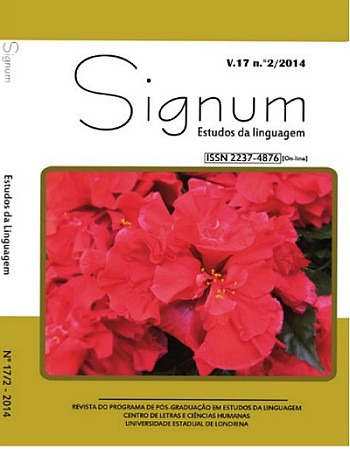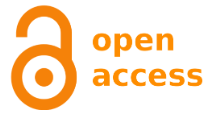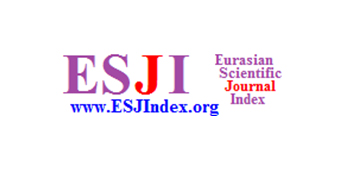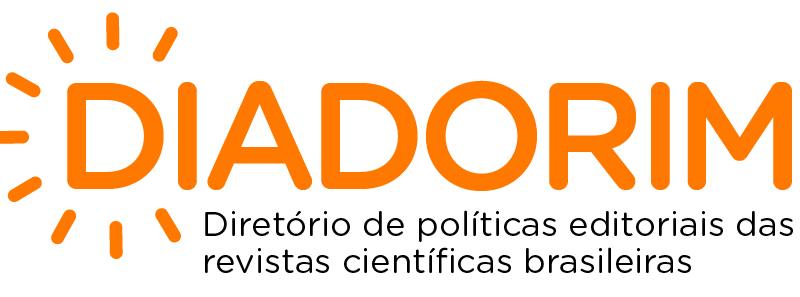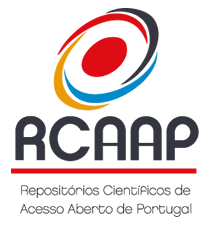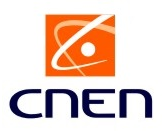THE AFFECTIVE RELATIONSHIP BUILT IN A GROUP OF CONTINUING EDUCATION INSERTED IN A CONTEXT OF DISTANCE LEARNING
DOI:
https://doi.org/10.5433/2237-4876.2014v17n2p224Keywords:
Affective relationship. Interactions. Distance learning.Abstract
Affection is an essential component in the teaching and learning process, influencing decision-making processes of both teachers and students (NESPOR, 1987; ROSIEK, 2003). This paper aims at discussing affective relationships built among master students in a distance program of a public University in Brazil. Participants were 13 Applied Linguistics students and data were gathered through on-line forums, questionnaires and group interview. The analysis revealed that affective relationships built in the group facilitated the interaction of those involved in the teaching and learning process. The teacher’s role proved particularly important in establishing a motivating atmosphere, triggering the formation of attitudes that enabled a positive distance learning experience by the participantsDownloads
Download data is not yet available.
Downloads
Published
2014-12-26
How to Cite
CRUVINEL, Roberta Carvalho; CONCEIÇÃO, Mariney Pereira. THE AFFECTIVE RELATIONSHIP BUILT IN A GROUP OF CONTINUING EDUCATION INSERTED IN A CONTEXT OF DISTANCE LEARNING. Signum: Estudos da Linguagem, [S. l.], v. 17, n. 2, p. 224–252, 2014. DOI: 10.5433/2237-4876.2014v17n2p224. Disponível em: https://ojs.uel.br/revistas/uel/index.php/signum/article/view/17603. Acesso em: 4 jan. 2025.
Issue
Section
Article
License

This work is licensed under a Creative Commons Attribution-NonCommercial-NoDerivatives 4.0 International License.
This journal reserves the right to make, in the originals, normative, orthographic and grammatical modifications in order to maintain the standard language and the credibility of the publication. It will respect, however, the authors’ style of writing. Modifications, corrections and suggestions of conceptual order will be forwarded to the authors, if necessary. In these cases, the papers, once appropriate, should be submitted to a new appreciation. The final examinations will not be forwarded to the authors. Works published become property of Signum, being its total or partial reprint subject to an explicit authorization of the journal. In all subsequent quotes the original source of publication should be mentioned, in case, in Photographic Discourse. Opinions emitted by the authors are their exclusive responsibility.